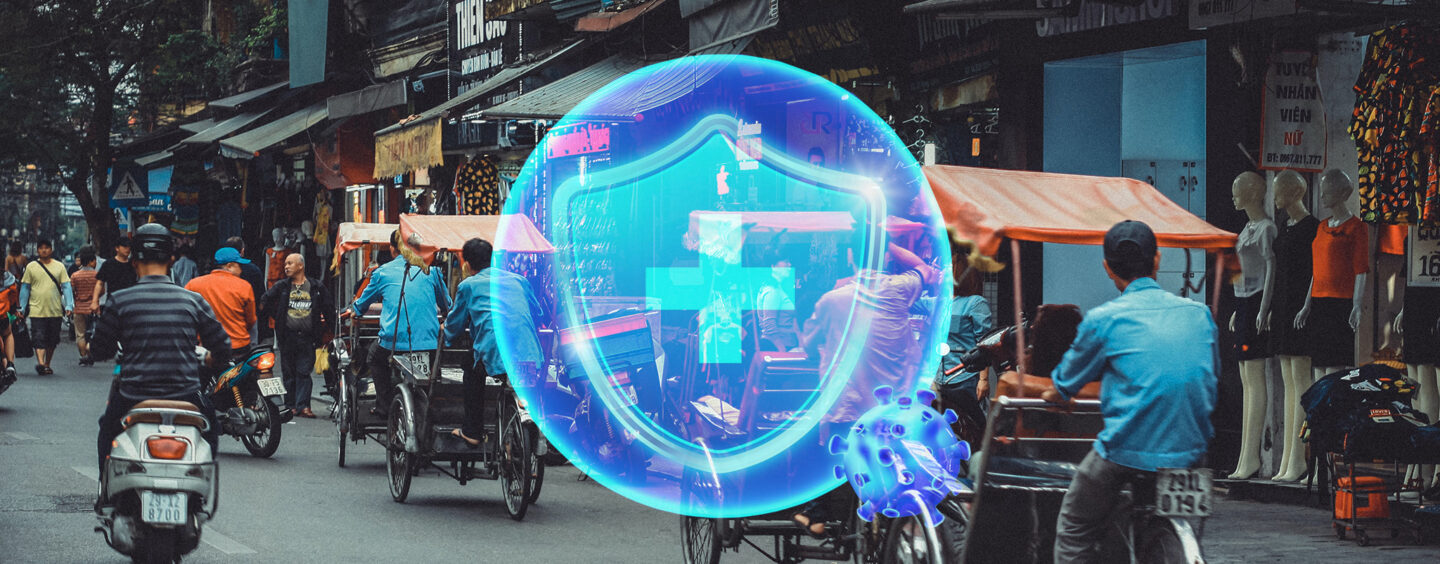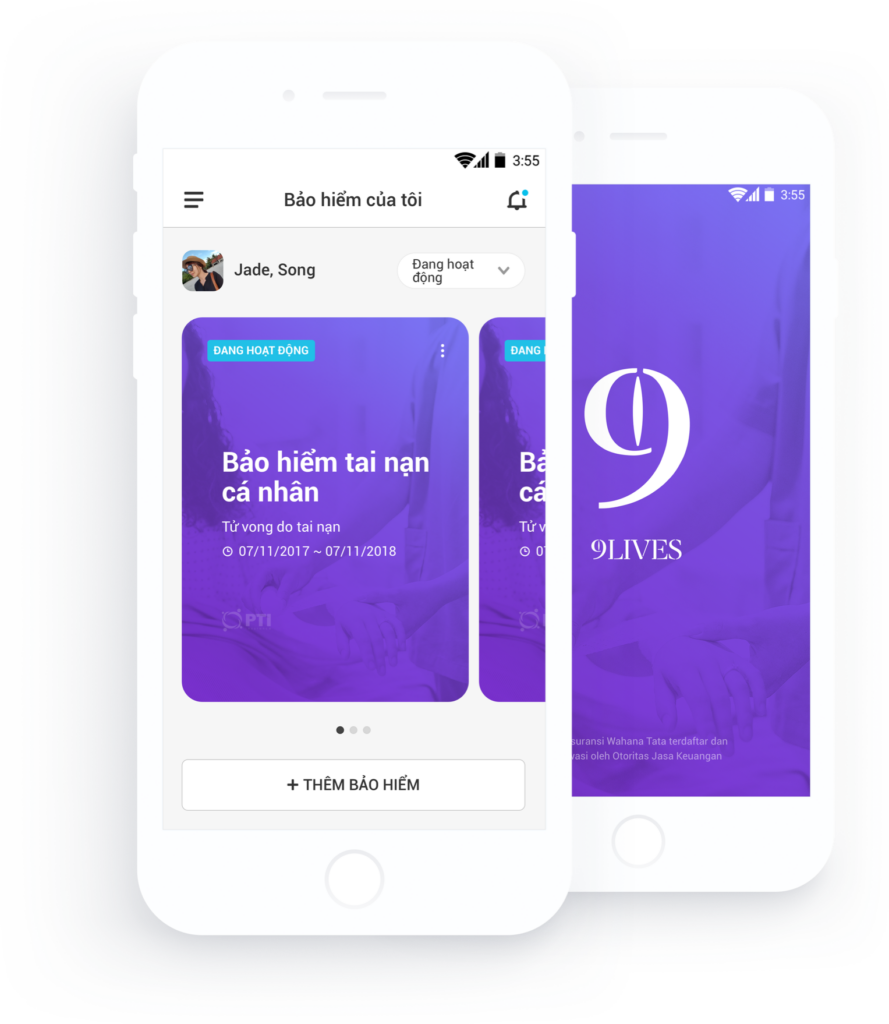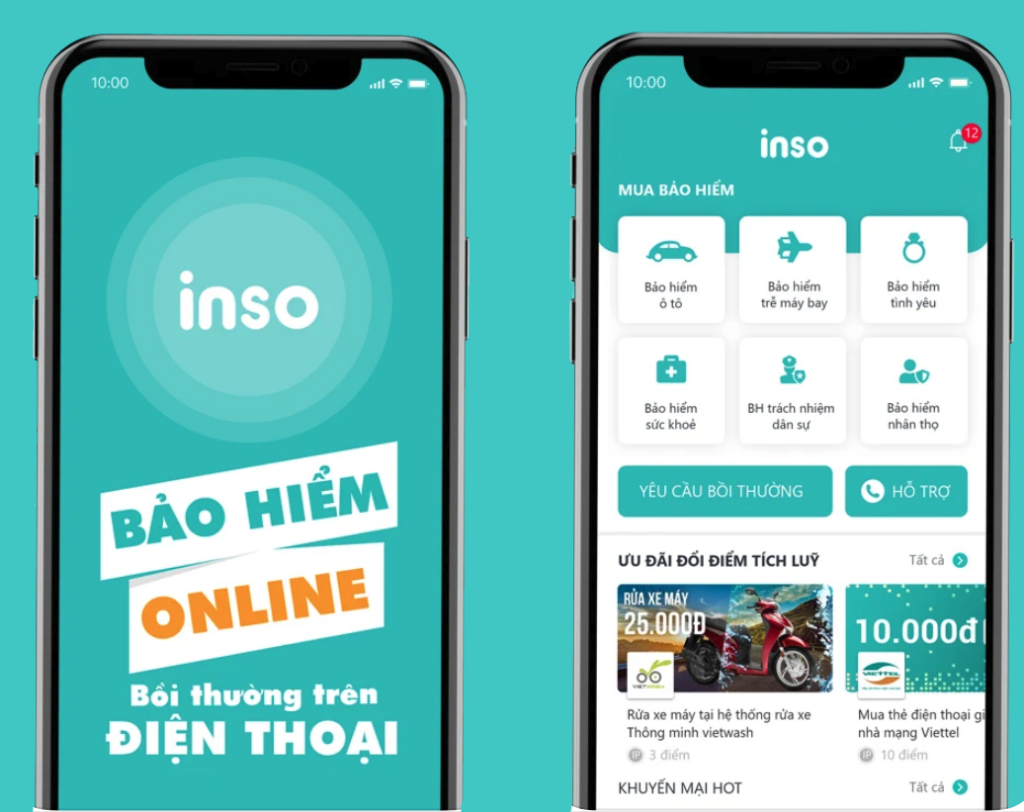
How COVID-19 Served as a Catalyst for Digital Insurance in Vietnam
by Fintech News Vietnam March 10, 2021In Vietnam, COVID-19 has been a catalyst for digital transformation in the insurance sector, forcing incumbents to ramp up their digital capabilities and embrace technology.
Post and Telecommunication Joint Stock Insurance Corporation (PTI), one of the Vietnam’s top three non-life insurance firms, has put digital transformation as one of its top strategic priorities.
In 2020, the firm invested heavily on upgrading its core information technology (IT) system, partnered up with tech startups and launched new digital products, including the PTI mobile app for motor vehicle insurance.
These developments came on the back of rapid growth in the online insurance market in 2020 which Hoang Thi Yen, director of PTI’s digital arm, estimates was “more than two digits.”
“The pandemic had negative effects on the overall growth of the insurance market, but also provided a growth opportunity for the online insurance market,” she told To Quoc in a recent Q&A.
“In 2021, Vietnam’s insurtech market will not see many breakthroughs because businesses are still in the process of building and investing to create the foundation for longer development. Since technology will be a long-term investment, in 2021, insurance companies will focus on product experience to make a difference in the market.”
Foreign insurtech startups eye Vietnamese market
Though Vietnam’s insurtech startup landscape is still small and nascent, it is developing rapidly, she said, noting that these young ventures could very well emerge as competitors to traditional insurance companies.
“In 2021, the race to apply technology to insurtech will still be fierce,” Hoang said. “Insurance companies must not only compete with each other, but also with insurance startups themselves. Shaking hands with these startups will also be a good choice for businesses to both promote their experience in insurance product deployment and take advantage of the technological advantages of insurtech companies.”
Vietnam’s insurance sector has grown steadily over the past years. This, coupled with a low penetration rate and emerging middle class, makes the country an attractive market for insurance businesses.
Total premiums collected by insurance companies reached about 160 trillion VND (US$5.4 billion) in 2020, up 20.5% from the previous year, but penetration remains low with just about 8.5% of the population having a life insurance policy, according to the Vietnam Insurance Association.
This promising market has led a number of foreign insurtech startups to expand to Vietnam.
Singapore-headquartered Igloo, a full-stack insurtech firm, launched in Vietnam last year after raising fresh funding.
Founder and CEO Wei Zhu has qualified Vietnam as “a massively growing market,” citing its high levels of digital penetration, a relatively young population and a fast-growing middle class as the key drivers for his firm’s decision to expand to the country. To date, Igloo has sold over 100 million policies in Singapore, the Philippines, Thailand, Vietnam and Indonesia.
In 2019, 9Lives, a startup from South Korea, launched in Vietnam where it inked a partnership with PTI. 9Lives provides a contextual and unbundled small ticket insurance platform, targeting middle-income customers.

9lives
PasarPolis, an Indonesian startup operating an online insurance comparison platform, recently closed a US$5 million funding round which it said it would use to strengthen its foothold in Southeast Asia, and most particularly in Vietnam and Thailand. Around 30 million users have purchased insurance through PasarPolis’ platform.
Vietnam’s nascent insurtech startup scene
In addition to foreign players, Vietnam’s insurtech sector also comprises a number of homegrown startups.
Papaya is perhaps one of the most notable names in the industry. The startup offers a one-stop shop for employee benefits and has secured contracts with two major insurance companies in the country: FWD and Bao Minh.
Papaya currently processes health insurance claims for 8,000 employees and has ambitions to become an ecosystem of healthcare and wellness options for company employees. It’s striving to bring the entire healthcare journey onto one platform, allowing customers to search for healthcare providers, pay medical bill, and manage their illnesses and wellness needs in one place.
Another Vietnamese insurtech startup is INSO. Founded in 2018, INSO provides a mobile app that allows customers to choose insurance packages based on their requirements and make claims. In addition to traditional products such as personal car insurance, health insurance, home insurance and property insurance, INSO also offers specialized insurance plans covering incidents like flight delay and goods return.

Miin, which focuses on microinsurance, launched its platform in 2019. Today, it serves more than 100,000 customers and has sold over 680,000 insurance packages. Miin provides health insurance, student insurance, and more.
INSO and Miin are both partnered with PTI.
Featured image credit: Edited from freepik (Background vector created by pikisuperstar – www.freepik.com) and Unsplash






